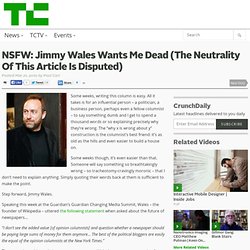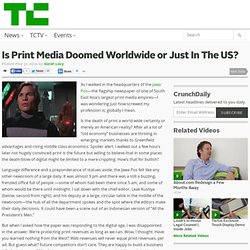

Quantenna raises astounding $79M round so you can have wire-like wireless networks. Based on conventional wisdom, Quantenna shouldn’t exist as a startup maker of Wi-fi chips.

It has huge competitors among chipmakers Broadcom, Marvell, and Qualcomm-Atheros. But Quantenna is announcing a gargantuan $79 million funding round today because it has figured out how to do Wi-Fi chips that are faster and have greater range than its rivals. Normally, the big semiconductor companies would use their engineering and financial resources to crush small chip startups. But Fremont, Calif.
-based Quantenna came up with a disruptive technology dubbed 4×4 MIMO 802.11n Wi-Fi chip sets, which it describes as so fast at transferring data that the experience is “wire-like” for the user. Wi-Fi is becoming the lingua franca for wireless networking, with the expected marketing growing from 1 billion Wi-Fi-enabled devices in 2010 to more than 3 billion in 2015, according to market researcher Gartner. “We can broaden this market in many directions,” Heidari said. After secrets: Missing the point of WikiLeaks.
NSFW: Jimmy Wales Wants Me Dead (The Neutrality Of This Article. Some weeks, writing this column is easy.

All it takes is for an influential person – a politician, a business person, perhaps even a fellow columnist – to say something dumb and I get to spend a thousand words or so explaining precisely why they’re wrong. The “why x is wrong about y” construction is the columnist’s best friend: it’s as old as the hills and even easier to build a house on. Some weeks though, it’s even easier than that. Someone will say something so breathtakingly wrong – so tracheotomy-cravingly moronic – that I don’t need to explain anything.
Simply quoting their words back at them is sufficient to make the point. Step forward, Jimmy Wales. Speaking this week at the Guardian’s Guardian Changing Media Summit, Wales – the founder of Wikipedia – uttered the following statement when asked about the future of newspapers… And who could blame them? Yeeeeah. For a start, let’s consider what Wales actually does for a living. Why Media Companies Should Become More Like Merchants. Editor’s note: Should media sites become group buying sites as well?

Guest author Dave Chase thinks so. He was a marketing executive and general manager at Microsoft in the 90’s including starting Microsoft’s healthcare business. After leaving Microsoft, he has been involved in Internet startups including a social commerce company in the health sector that is in stealth. If there’s one thing we’ve learned from the Internet it is that if a middleman doesn’t add enough value, their days are numbered.
Media companies may not have thought of themselves as middlemen—but that’s what they have been for marketers. Back then, there was more than enough ad revenue for the media company to sustain their business—so much profit, in fact, that some companies got complacent. The traditional mission of a media business is to collect a loyal audience with high quality information, and let the advertisers worry about how to sell stuff. Once again, traditional media run the risk of being slow to adapt. Is Print Media Doomed Worldwide or Just In The US? As I walked in the headquarters of the Jawa Pos—the flagship newspaper of one of South East Asia’s largest print media empires—I was wondering just how screwed my profession is; globally I mean.

Is the death of print a world-wide certainty or merely an American reality? After all a lot of “old economy” businesses are thriving in emerging markets thanks to Greenfield advantages and rising middle class economics. Spoiler alert: I walked out a few hours later not hugely convinced print is the future but willing to believe that in some places the death-blow of digital might be limited to a mere-crippling. How’s that for bullish? Language difference and a preponderance of statues aside, the Jawa Pos felt like any other newsroom of a large daily. But when I asked how the paper was responding to the digital age, I was disappointed in the answer: We’re protecting print revenues as long as we can.
Or is it? Does experience and seniority have advantages in the work place?